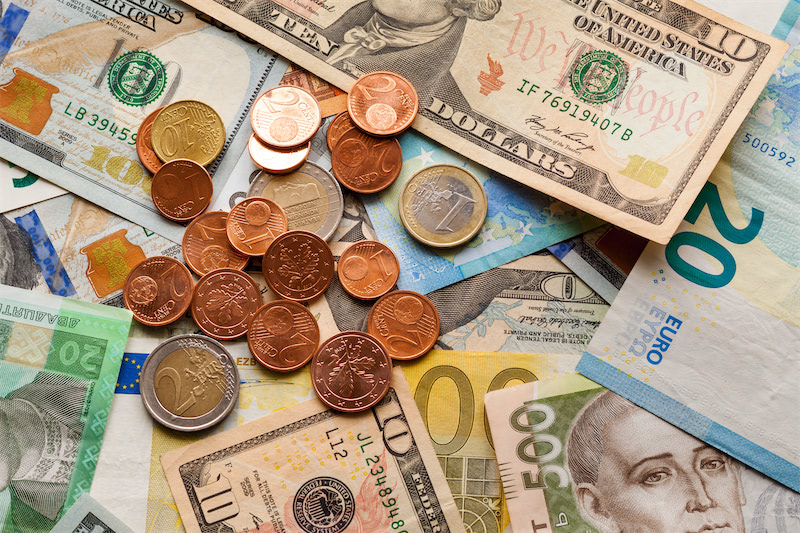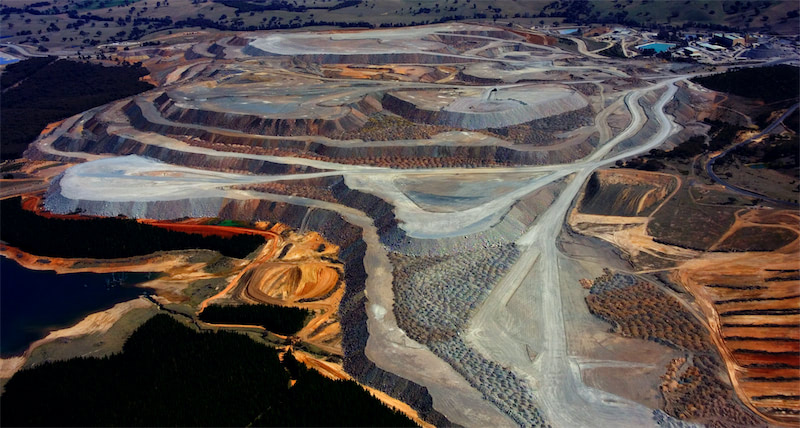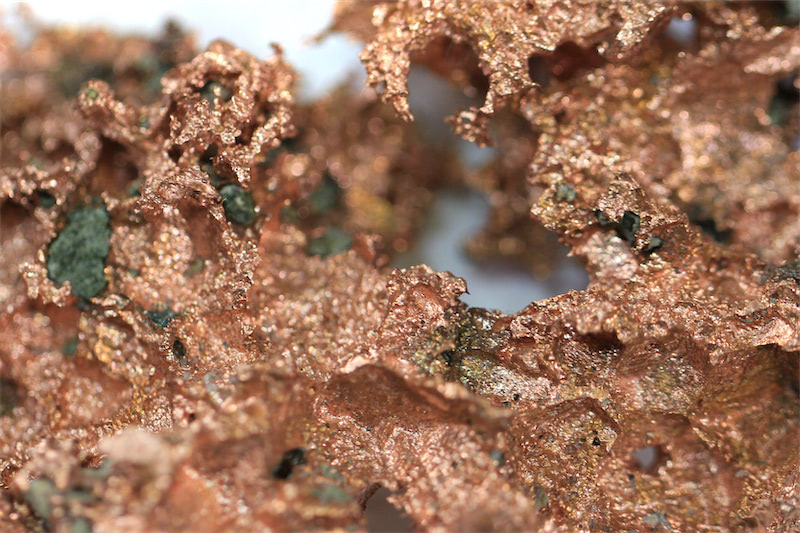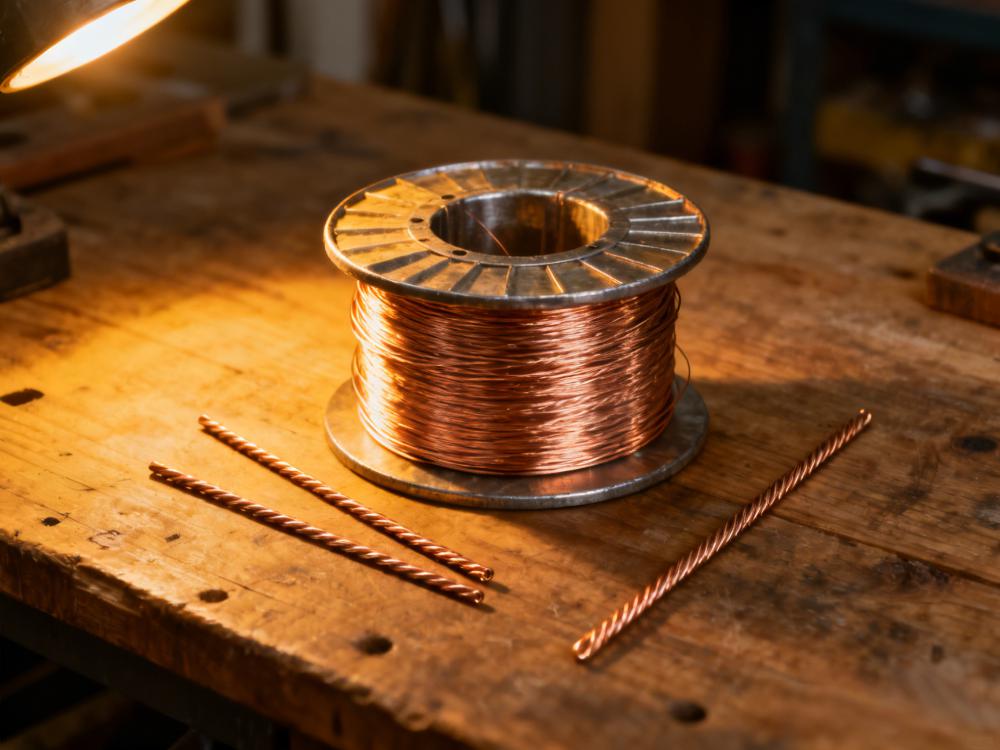SHANGHAI, Oct 29 (SMM)—The Ministry of Ecology and Environment has officially issued a notice on customs codes of secondary copper (brass) on October 19. Standard high-quality raw materials will be allowed to be imported freely into China. Since the announcement of the the document a week ago, except for the existing detailed commodity standards such as content and moisture content, the China Customs has not released more details on import supervision conditions. SMM has compiled some Q&A about the new policy.
1. Are approvals still required?
The document stipulates that raw materials of secondary brass, secondary copper and secondary cast aluminium alloy that meet the standards of Secondary Brass Raw Materials (GB/T 38470-2019), Secondary Copper Raw Materials (GB/T 38471-2019) and Secondary Cast Aluminium Alloy Raw Materials (GB/T 38472-2019) are not solid wastes and can be imported freely.
2. Will the left import approvals for copper scrap still be valid after November? Will there be any more approvals next year?
SMM learned that the obtained import approvals in 2020 can continue to be used, with the validity period up to December 21, 2020, while whether the China Solid Waste and Chemical Management will continue to issue a new round of approvals after November remains uncertain as the new import standard for secondary copper (brass) will be implemented. The Ministry of Ecology and Environment has made it clear that no new quotas would be approved for 2021, which means copper scrap will be prohibited from importing by the end of 2020 and importers will only have to import high-quality copper scrap in accordance with the policy of secondary copper resources.
3. Will secondary copper (brass) remain subject to pre-shipment inspections?
Generally, imported scrap copper is subject to two inspections. One is to go through the pre-shipment inspection at the overseas export shore; the other is to go through the commodity inspections by the customs after arriving at domestic ports. Although the official document did not explicitly state that secondary copper (brass) needs pre-shipment inspection, it also did not specify whether this is required. Recently, some ports have eased restrictions for imported copper scrap, with no relevant pre-shipment inspection documents needed. Based on opinions of industry insiders, SMM considered that secondary copper (brass) no longer needs pre-loading inspections at the ports at the export locations.
4. Will secondary copper (brass) be required to arrive at specific ports?
There are designated ports for imported copper scrap, and importers can only load, unload and declare at these ports. However, secondary copper (brass) will no longer be required to arrive at specific ports and can be imported freely.
5. Can oil-contaminated goods be imported?
The new standard defines moisture as the water and emulsion attached to raw materials in the process of production, collection, packaging, storage and transportation. According to this understanding, emulsion includes oil. Oil contamination on commodities may not affect import, but the overall moisture content cannot exceed the relevant requirements.
6. What is the import tariff rates for secondary copper (brass)?
The provisional tariff rate for scrap copper stands at 0% and the VAT rate at 13%, SMM learned.
7. Is the certificate of domestic consignee still needed?
According to the order NO.119 and announcement No.91 of the General Administration of Quality Supervision, Inspection and Quarantine of China, all domestic consignees engaged in import of waste raw materials shall register, and the primary condition for obtaining the certificate is that the importer must be a processing and utilisation enterprise with legal import operation qualification. SMM believes that the Customs has not indicated the need for relevant certificates. In addition, the Ministry of Ecology and Environment has made it clear that the secondary brass raw materials and secondary copper raw materials that meet the standards are not solid wastes and can be freely imported. Therefore, they can participate in the import business without being bound by the certificate of consignee.
8. Are there any details of customs inspections of goods?
SMM believes that details of inspections of goods under the new standard will be known until November. Currently, small and medium-scale importers unfamiliar with the new policy have stood on the sidelines as they worry about the risk of fines and goods being returned, while those who are more familiar with the new policy and have approvals in hands have actively purchased copper scrap from overseas. Total copper scrap imports are expected to increase in November.



